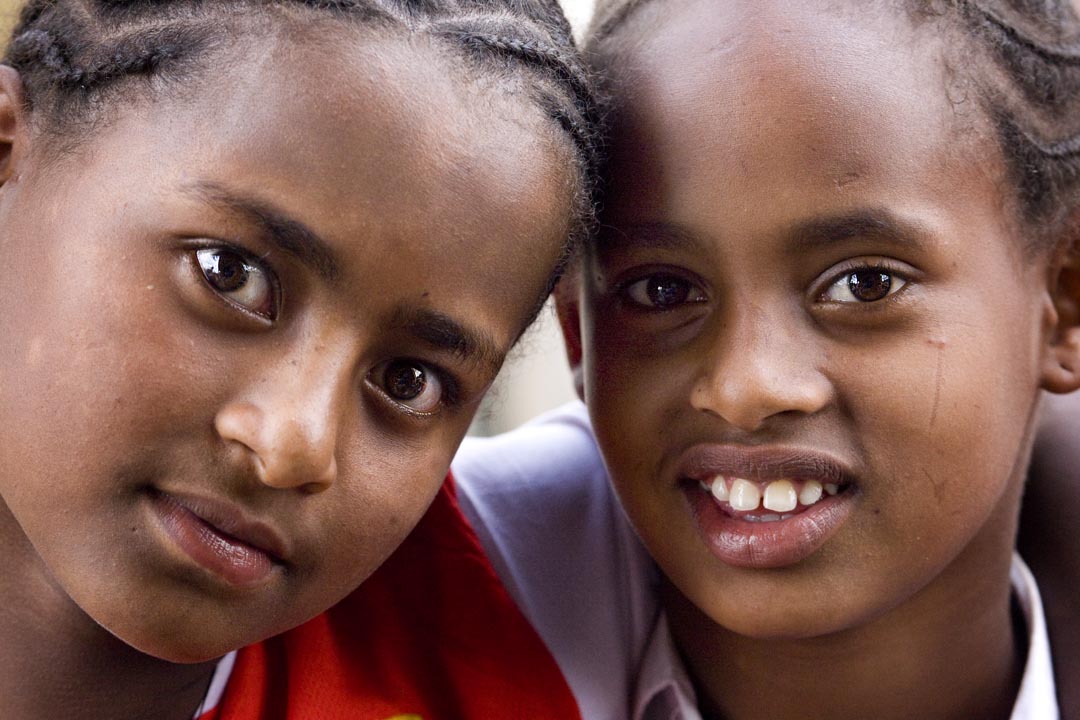
Why Mela in Ethiopia?
%
of Ethiopian girls say they do not use any product to manage their menstruation
%
of Ethiopian women and girls use home-made alternatives
%
of Ethiopian women report having everything they need to manage their periods
%
of Ethiopian adolescent girs have never received information on menstrual hygiene
In Ethiopia, 24.1 million girls and women are of reproductive age, yet the majority struggle to manage their periods safely and with dignity. Only 28% of Ethiopian women report having access to everything they need for menstrual hygiene.
Access to quality menstrual products is deeply unequal. While 84% of Ethiopians live in rural areas, 80% of menstrual products are distributed in cities.
Many available products are poor in quality, unaffordable, and difficult to find. Additionally, clean sanitation facilities remain scarce—85% of girls in schools are unable to change their pads due to a lack of private toilets, water, or disposal systems. This, coupled with teasing from male students, lead to missed classes and emotional distress.

Menstruation remains a taboo topic, creating shame and misinformation. Over half of Ethiopian adolescents have never been taught how to manage their periods. Only 40% of rural girls discuss their first period openly, and just 22% of mothers talk to their daughters about menstruation before it begins.
Women and girls pay a heavy price for having their periods. Between 20-25% of girls miss school due to menstruation, with absenteeism reaching as high as 68% in some regions. Missing school leads to lower academic performance and increased school dropouts rates. Out of the school, girls are at a higher risk of early and forced marriage, limiting opportunities for a better future.
At MELA FOR HER, we believe periods should never be an obstacle. We are committed in providing real solutions, so Ethiopian girls and women can live without limits.
